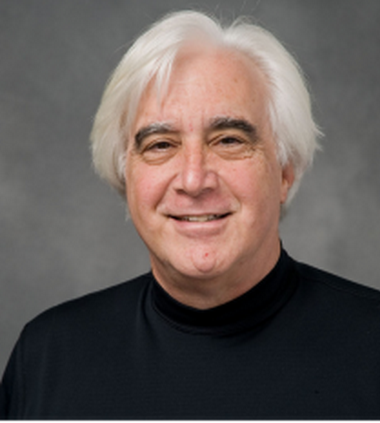非常抱歉,
你要访问的页面不存在,
非常抱歉,
你要访问的页面不存在,
非常抱歉,
你要访问的页面不存在,
验证码:

职称:professor
所属学校:University of South Carolina-Columbia
所属院系:Department of Biology
所属专业:Biology/Biological Sciences, General
联系方式:803-777-1171
Background: Colorectal cancer is the fourth-highest cancer in terms of incidence, and second-leading cause of cancer death. In the US, over 140,000 new cases of colorectal cancer are diagnosed each year, and nearly 50,000 patients die from the disease. Like most cancers, less-than-optimal efficacy of anti-neoplastic agents is a major barrier to the successful treatment of advanced colorectal cancer. The high genetic plasticity of neoplastic cells generally leads to rapid emergence of resistance to chemotherapeutic agents, reducing therapeutic effectiveness. For several years, we have been examining an important class of chemotherapeutic agents that target the pyrimidine biosynthetic enzyme thymidylate synthase (TS). TS catalyzes the reductive methylation of dUMP to form dTMP, which is indispensible for DNA synthesis during cell proliferation and DNA repair. Treatment of cells with fluoropyrimidine analogs (e.g., 5-fluorouracil and 5-fluoro-2'- deoxyuridine), as well as antifolates (e.g., tomudex, AG337, and BW1843), results in the generation of metabolites that inhibit TS, causing depletion of thymidylate pools, cessation of cell growth, and eventually, cell death. Thus, TS inhibitors have been useful in the treatment of a variety of neoplasms. However, a large fraction of patients do not respond to these drugs; furthermore, those that do respond typically develop resistance.
Background: Colorectal cancer is the fourth-highest cancer in terms of incidence, and second-leading cause of cancer death. In the US, over 140,000 new cases of colorectal cancer are diagnosed each year, and nearly 50,000 patients die from the disease. Like most cancers, less-than-optimal efficacy of anti-neoplastic agents is a major barrier to the successful treatment of advanced colorectal cancer. The high genetic plasticity of neoplastic cells generally leads to rapid emergence of resistance to chemotherapeutic agents, reducing therapeutic effectiveness. For several years, we have been examining an important class of chemotherapeutic agents that target the pyrimidine biosynthetic enzyme thymidylate synthase (TS). TS catalyzes the reductive methylation of dUMP to form dTMP, which is indispensible for DNA synthesis during cell proliferation and DNA repair. Treatment of cells with fluoropyrimidine analogs (e.g., 5-fluorouracil and 5-fluoro-2'- deoxyuridine), as well as antifolates (e.g., tomudex, AG337, and BW1843), results in the generation of metabolites that inhibit TS, causing depletion of thymidylate pools, cessation of cell growth, and eventually, cell death. Thus, TS inhibitors have been useful in the treatment of a variety of neoplasms. However, a large fraction of patients do not respond to these drugs; furthermore, those that do respond typically develop resistance.